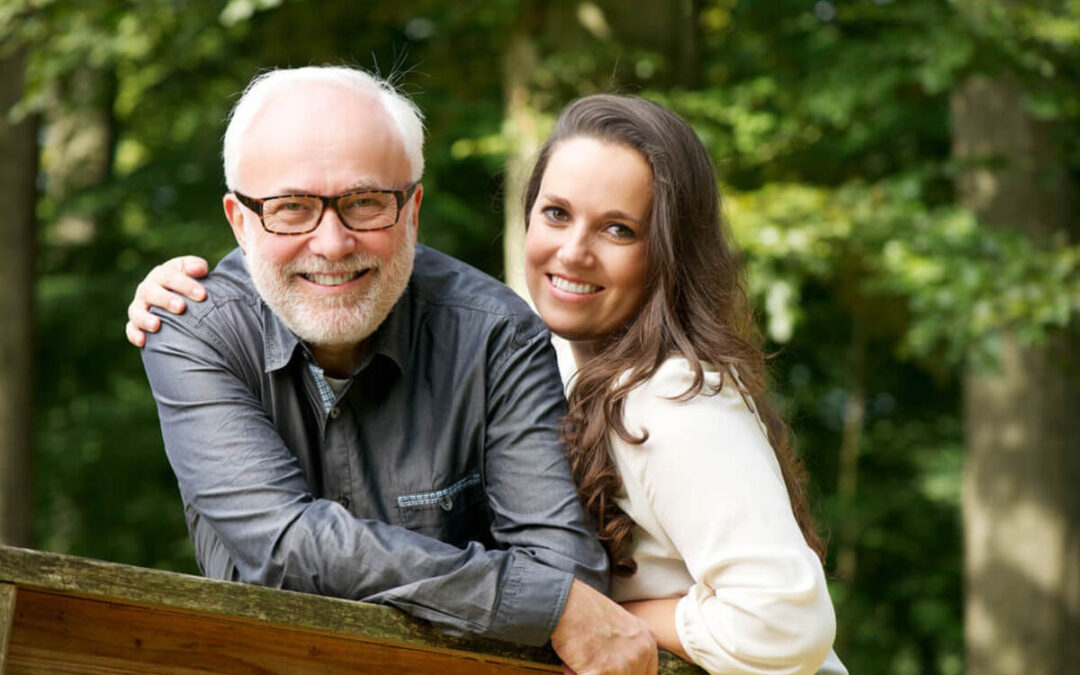Dental 266 is proud to offer our patients one of the most advanced and efficient dental implant technologies available on today’s market: all-on-4 dental implants. Schedule a consultation at your local dental clinic to know more about this type of implant.
The All-on-4® treatment concept allows you to replace an arch of missing teeth making use of only four dental implants that are tilted at 45 degrees.
Piloted in 1998 under the guidance of Dr Paulo Malo, Nobel Biocare dental implants launched the all-on-4 treatment to the public in 2004 and has treated hundreds of thousands of patients ever since.
What Are The Benefits Of All On 4 Dental Implants?
Get a full arch of support utilising four implants
With all on 4 implants you can avoid the complication and associated costs with placing single implants. A full arch of teeth improves your quality of life and your confidence. You can smile confidently and chew and eat with comfort thanks to dental implant technology.
Get immediate support
The all-on-4 treatment allows for your implants to be placed immediately. This is important, especially for older patients who can’t wait for six months or a year to replace their teeth.
Simplify your treatment
All on 4 implants adopt a simplified approach to what could be a very complex treatment to replace a missing arch with single implants.
Avoid bone grafting
Because of the tilted positioning of Nobel Biocare dental implants, the surgery can be performed without a bone graft.
Replace your missing teeth at the roots
While other tooth replacements like bridgework and dentures do replace missing and lost teeth, they only do so above your gum line. Dental implants act as replacement tooth roots, which prevents further deterioration of your jaw bone.
 How Do All On 4 Dental Implants Work?
How Do All On 4 Dental Implants Work?
First you need to book a consultation at your local dental clinic. Your dentist will take x-rays and digital photographs in order to create a customised bridge for the size and shape of your mouth. This will be supported by four dental implants that act as anchors for the whole structure.
Then your dentist will get you ready for surgery. This could include extracting teeth and removing any decayed tissue from your gums and teeth.
After this you will be ready for implantation, and the placement of the titanium roots into your jaw. Typically this is done by placing two implants at the front and two at the back of your mouth, for even distribution. Your mouth will be cleaned and the incisions will be stitched up.
How Quickly Will You Recover After Surgery?
The average recovery time for dental implants is three to eight months but you can expect a speedier healing period if you have the All-on-4® treatment thanks to the advanced Nobel Biocare dental implant technology. By following your dentist’s care instructions and practicing good dental hygiene you can ensure you are back to normal quickly.
Keep the site clean
After your surgery you will be given some gauze to bite down into to manage the bleeding. You will probably replace this every half an hour until the bleeding stops.
Once you go home you must be careful to avoid touching or disturbing the surgical sites. Your dentist will probably recommend only gentle brushing with a soft brush and give you a medicated mouthwash to use, to keep your mouth free of bacteria.
If the bleeding has stopped after 24 hours, you will be able to rinse your mouth with a saline solution.
Eat soft foods
You will be advised to avoid eating hard, sticky or very sugary foods while your mouth heals, and also avoid very hot and very cold foods and beverages. Ideally you should try to consume liquid foods in the days after surgery.
What Are The Risks of All-on-4 Dental Implant Procedure You Should Be Aware Of?
The all-on-4 treatment does carry some risks, which you should familiarise yourself with before going ahead with treatment. These include
Complications from your surgery
All surgeries carry some degree of risk. The all on 4 dental implant treatment risks include slow healing, infection at the site and bleeding. After the procedure you will need to monitor your recovery and contact your dental practitioner in the event that your side effects worsen rather than improve in the seven to 10 days after the procedure.
Failure of osseointegration
In some cases the implant and the patient’s bone may not fuse together. This can be due to a number of factors including whether you are a smoker, the quality of your nutrition and the condition of your jaw bone. In the event that this does happen your implant can be removed and after you have healed, your dentist can place another dental implant.
Implants that fail
Dental implants typically have a low failure rate, but in the event that one of them does fail, it can be replaced. Implant failure is usually caused by gum disease, but you can reduce your chances of this happening by not smoking, practicing good dental hygiene and visiting your dentist on a regular basis.
Still have questions about all on 4 dental implants? Book your consultation at your local dental clinic today! Call us: 02 9051 0600






